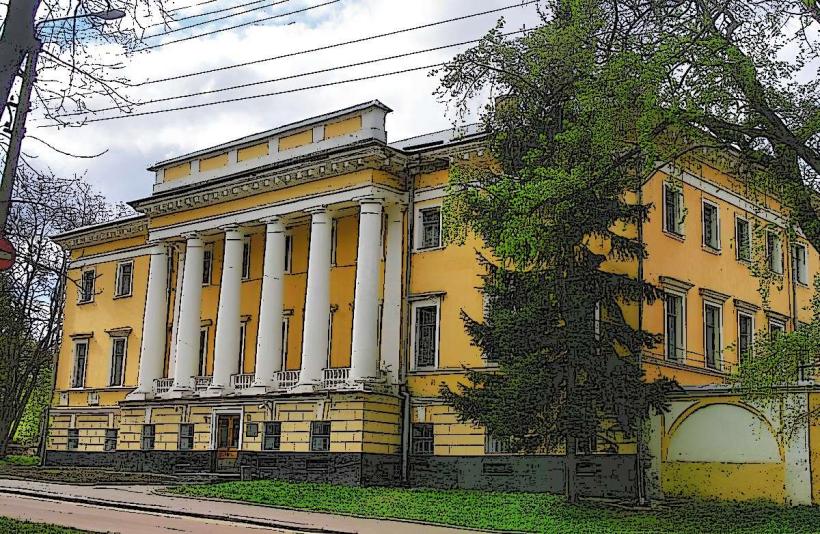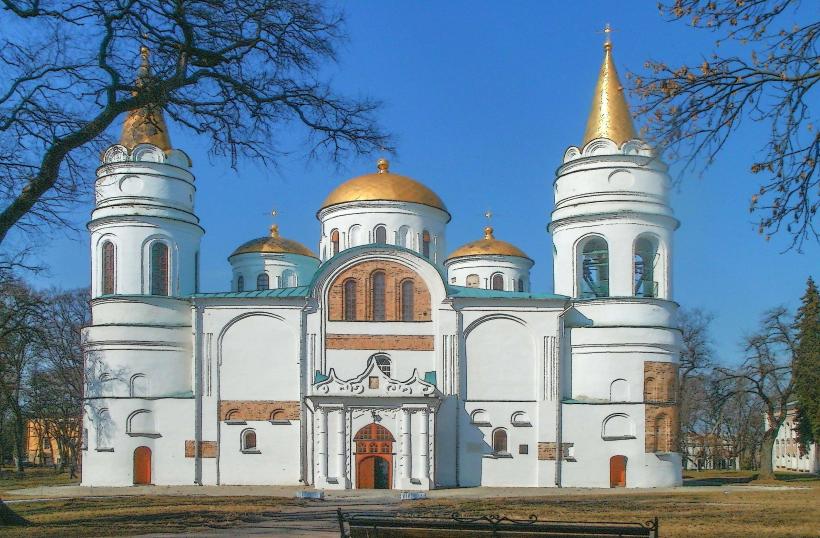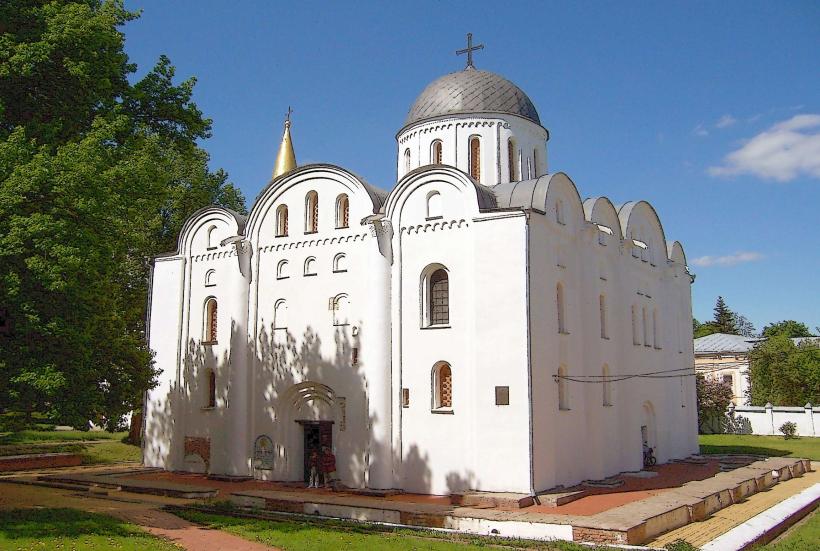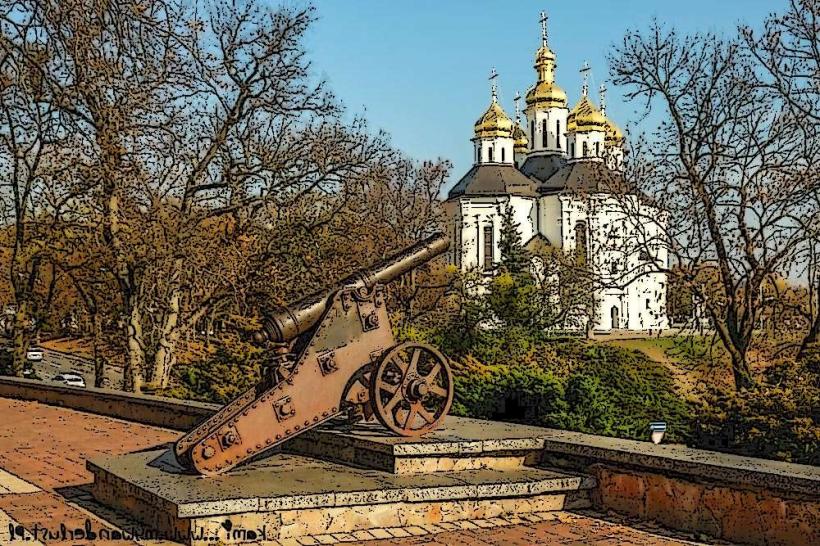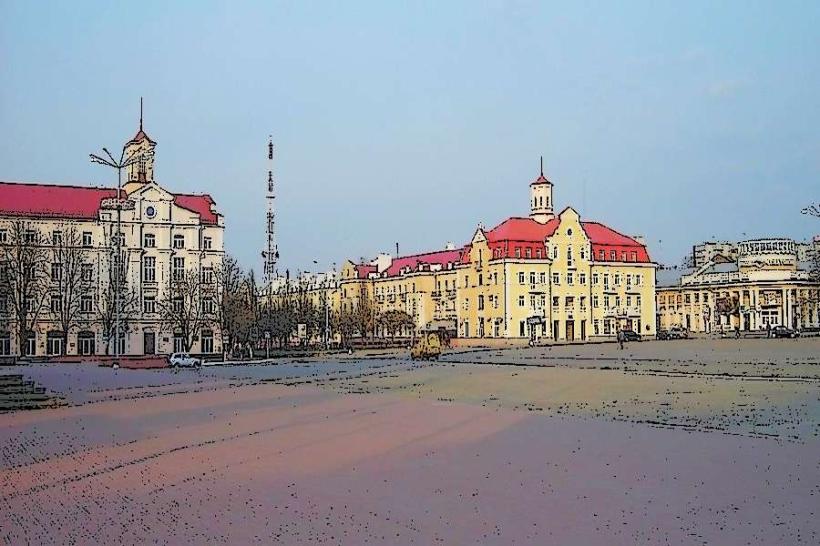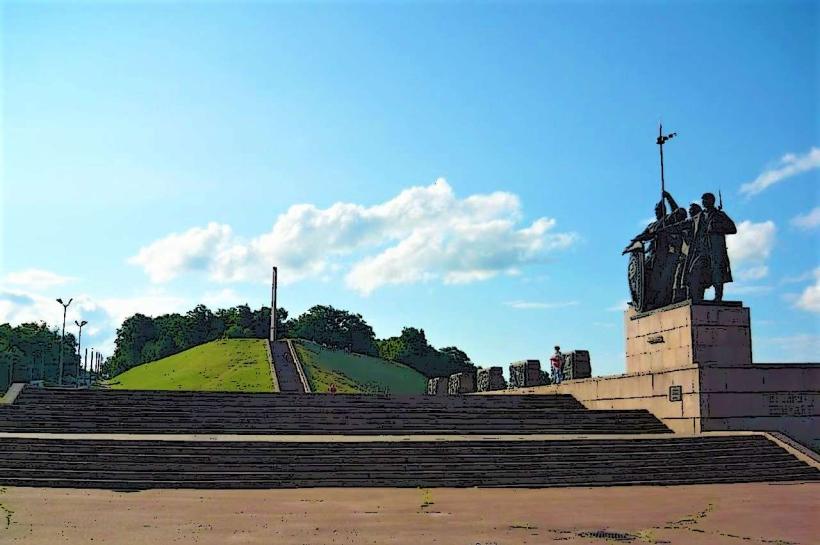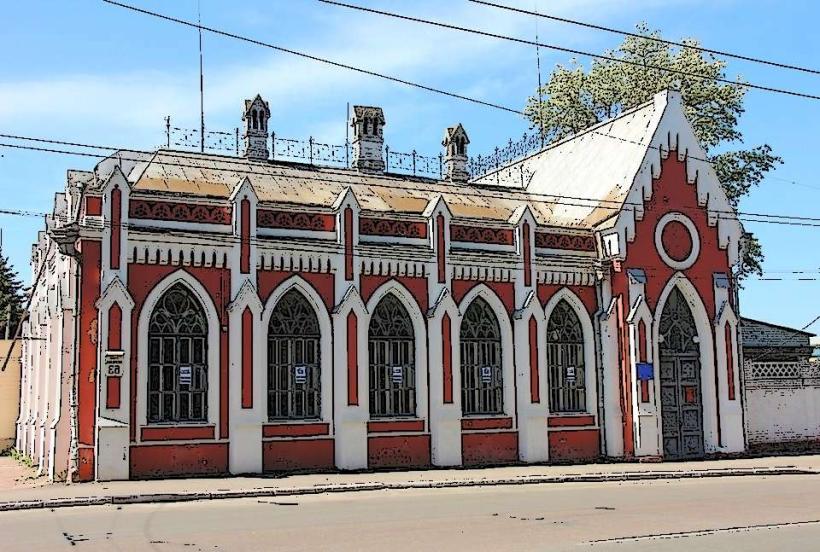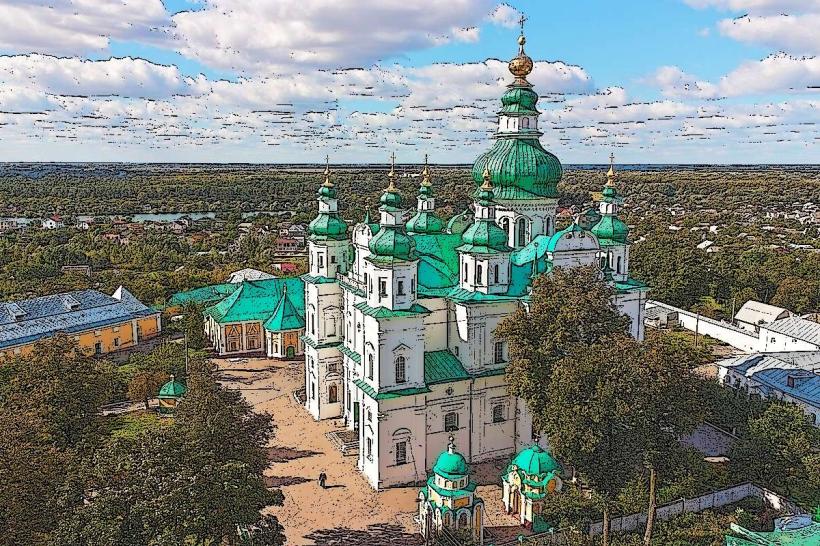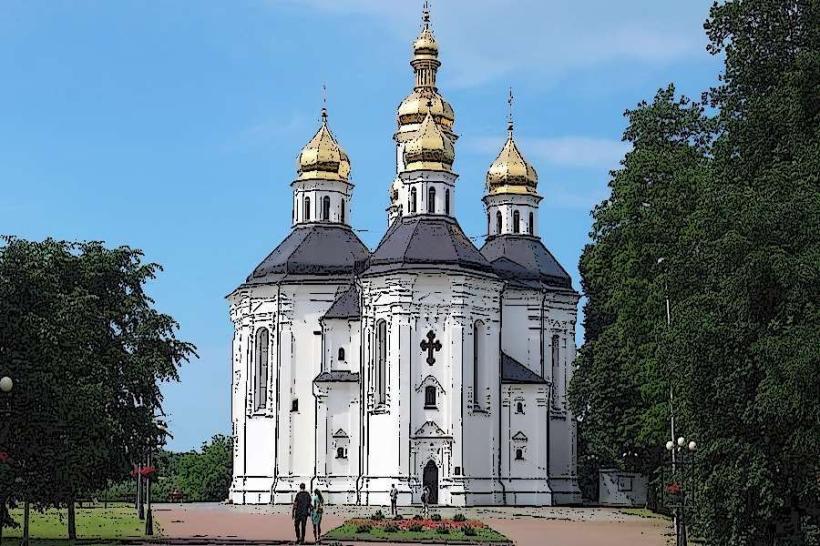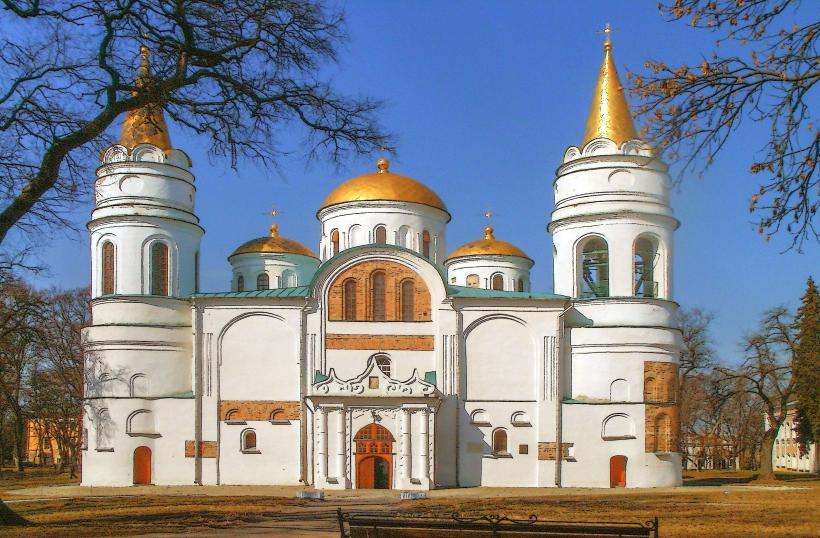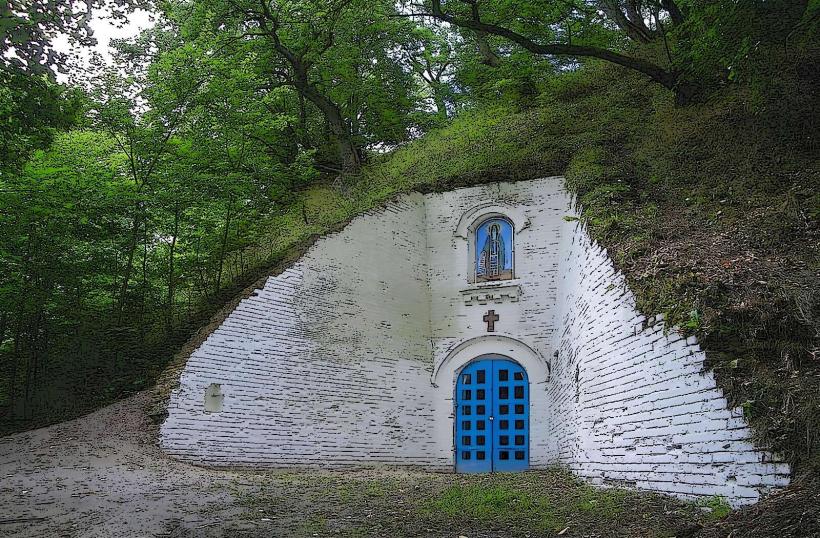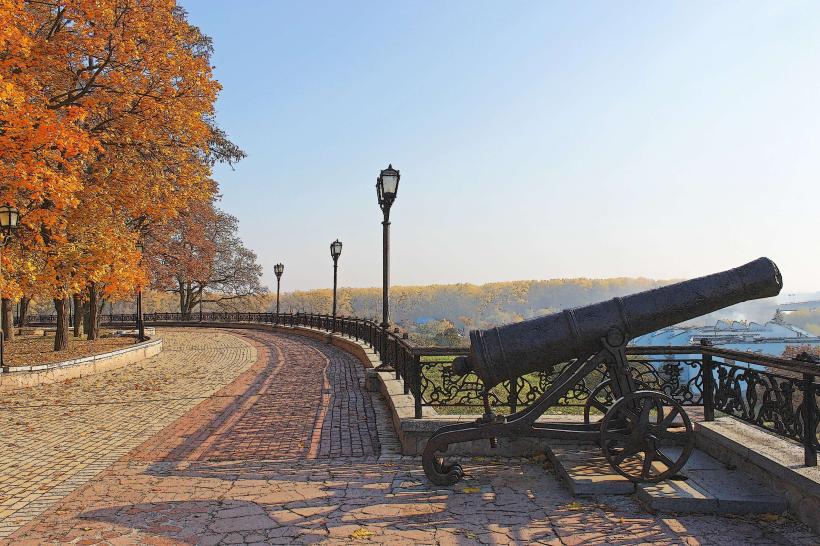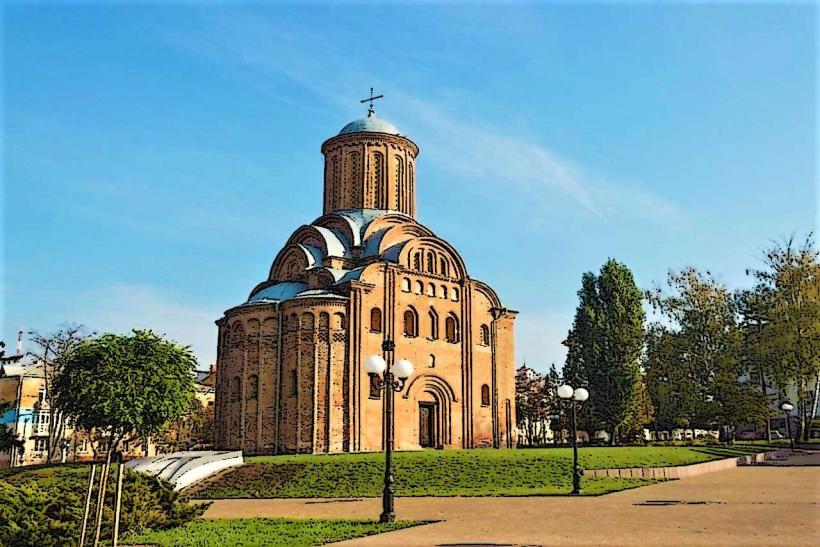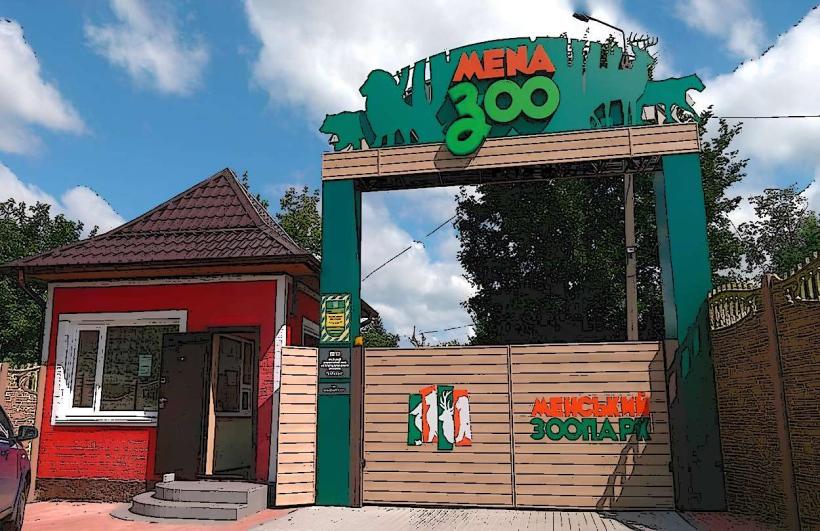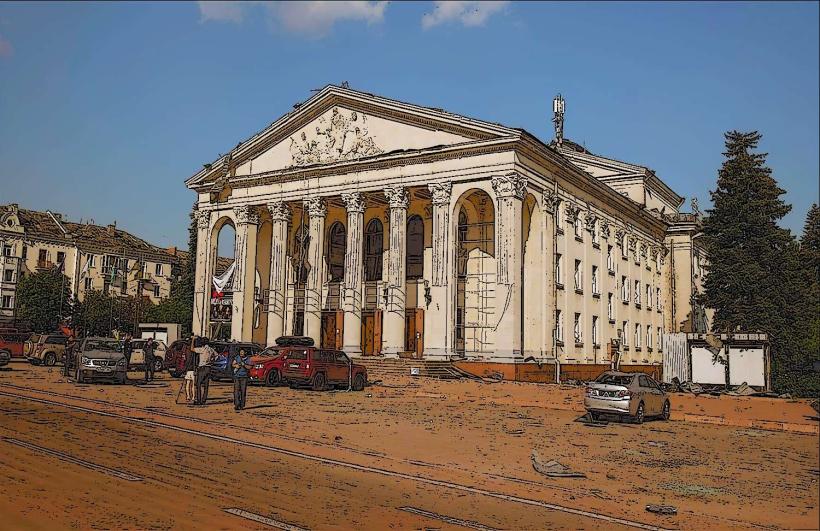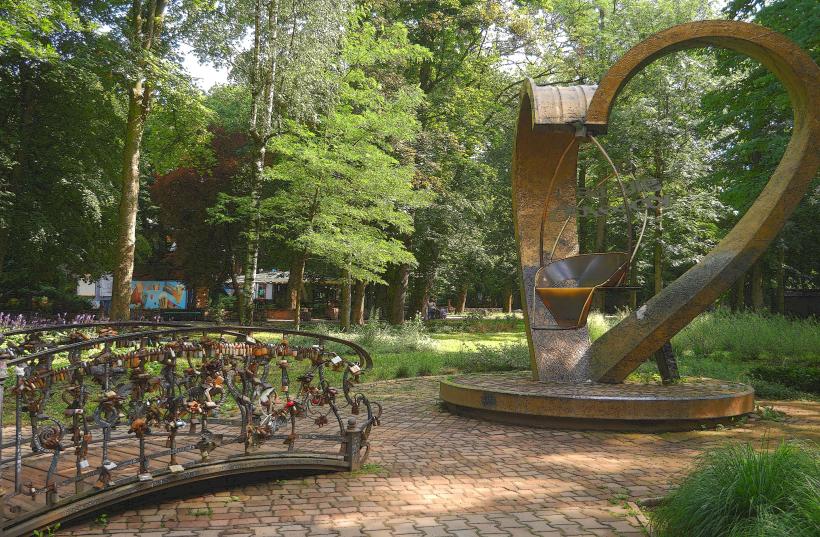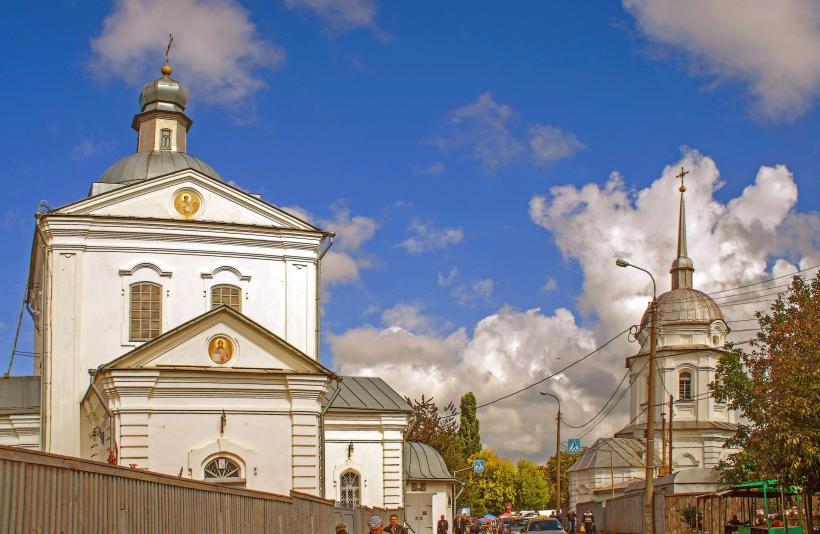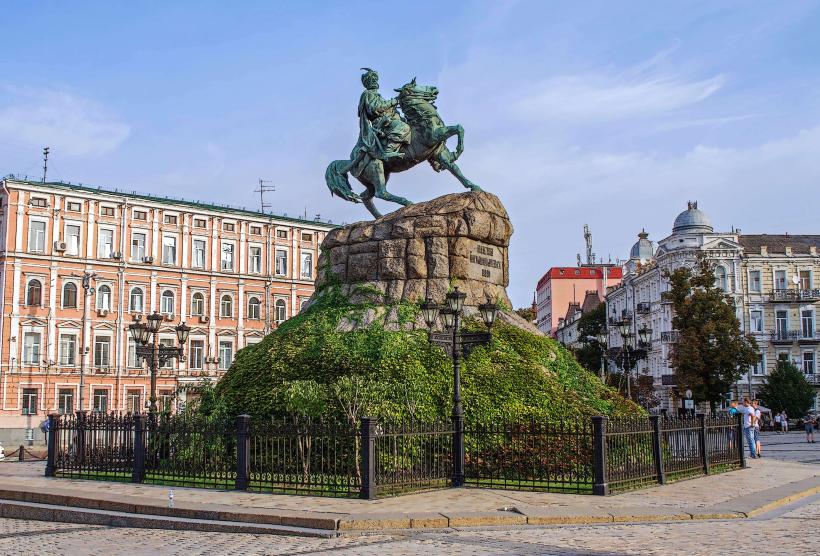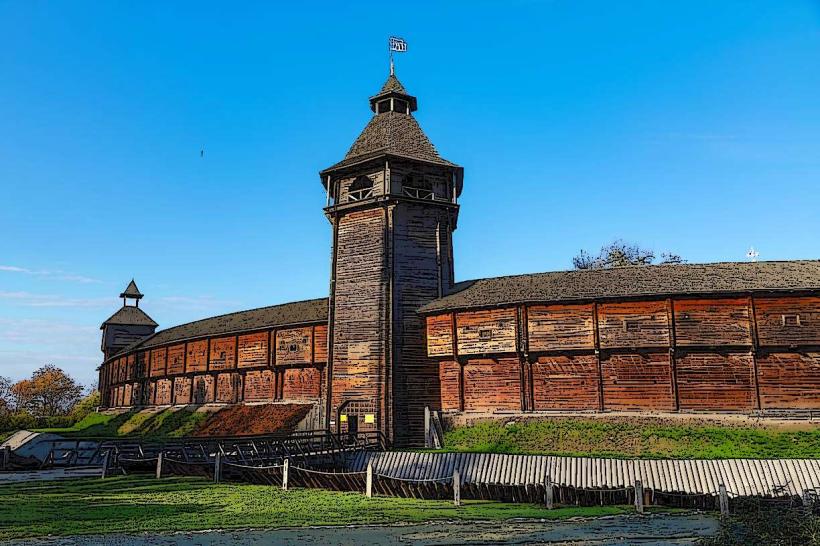Information
Landmark: Chernihiv Regional Art Museum (Hryhorii Galagan)City: Chernihiv
Country: Ukraine
Continent: Europe
Chernihiv Regional Art Museum (Hryhorii Galagan), Chernihiv, Ukraine, Europe
The Chernihiv Regional Art Museum, named after Hryhorii Galagan, is located in Chernihiv, Ukraine. It houses a collection of Ukrainian and European art.
Visual Characteristics
The museum is situated in a two-story Neoclassical building constructed from red brick. The facade features white decorative elements, including columns and cornices. The roof is pitched and covered with metal sheeting. The building's dimensions are approximately 30 meters in length and 15 meters in width.
Location & Access Logistics
The museum is located at 6 T. Shevchenko Street, in the central district of Chernihiv. It is approximately 1.5 kilometers from the city center. Parking is available on T. Shevchenko Street, with limited capacity. Public transport options include bus routes 1, 2, 3, and 11, which stop at the "Central Square" station, a 5-minute walk from the museum.
Historical & Ecological Origin
The building was constructed in 1890-1891 as the residence of the Galagan family. It was designed by architect Oleksandr Khrynovskyi. The museum was established in 1925, and the collection was later named in honor of Hryhorii Galagan, a prominent Ukrainian art collector.
Key Highlights & Activities
Visitors can view permanent exhibitions of Ukrainian art from the 17th to the early 20th centuries, including works by Ukrainian masters. Temporary exhibitions of contemporary art are also held. Guided tours are available upon request.
Infrastructure & Amenities
Restrooms are available on the ground floor. Limited seating is provided within exhibition halls. Cell phone signal (4G) is generally consistent within the building. No food vendors are located directly at the museum; however, cafes and restaurants are present within a 500-meter radius.
Best Time to Visit
The museum is open Tuesday through Sunday from 10:00 AM to 6:00 PM. The best time for photography is during daylight hours, particularly between 11:00 AM and 3:00 PM, when natural light illuminates the interior. The months of May through September offer the most stable weather conditions for travel to Chernihiv.
Facts & Legends
A notable artifact in the collection is a 17th-century iconostasis from the Church of St. Nicholas in Chernihiv. Local lore suggests that the original plans for the building included a secret passage, though its existence has not been verified.
Nearby Landmarks
- Chernihiv Detinets (Ancient City Fortress) - 0.8km Northwest
- St. Catherine's Church - 0.6km West
- Transfiguration Cathedral - 0.9km Northwest
- National Architecture and Life Museum "Pirogovo" - 3.5km South

